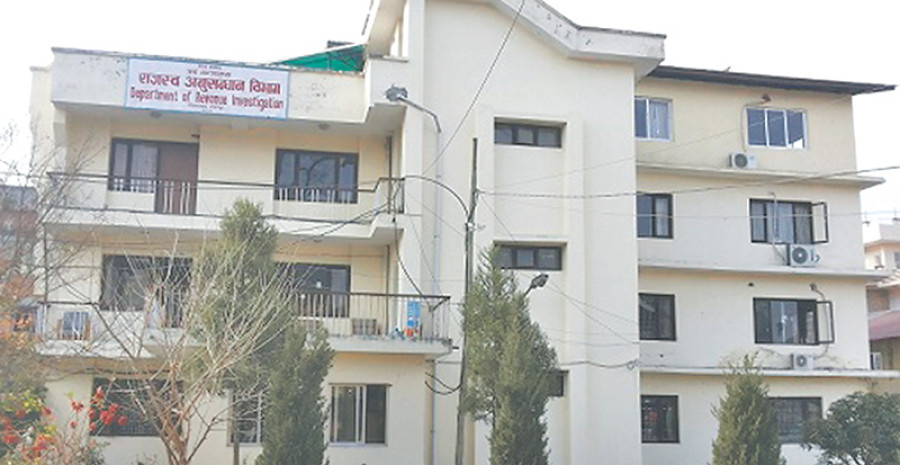National
Revenue probe comes under PM’s Office.
While the Prime Minister’s Office has effectively brought the Department of Revenue Investigation into its fold, two other powerful departments—National Investigation Department (NID) and the Department of Money Laundering Investigation (DoMLI)—are yet to come under the PMO’s full control.
While the Prime Minister’s Office has effectively brought the Department of Revenue Investigation into its fold, two other powerful departments—National Investigation Department (NID) and the Department of Money Laundering Investigation (DoMLI)—are yet to come under the PMO’s full control.
In a bid to set up an all-powerful Prime Minister’s Office, the government had decided to detach these institutions from the finance and home ministries.
The DRI came under the PMO legally after Parliament endorsed the new Financial Act, which ended the requirement for the department to report to the Finance Ministry. Earlier, the DRI was under the Finance Ministry.
“After the Financial Act introduced alongside the annual budget passed Parliament, the Revenue Investigation Department has fully come under the PMO’s jurisdiction,” said Kedar Bahadur Adhikari, a secretary.
As the law amendment process is yet to complete, both DoMLI and NID are reporting to the Finance Ministry and the Home Ministry, respectively, as well as to the PMO.
When it comes to DoMLI, the PMO has taken over the administrative command but it has to answer to the Finance Secretary too. The Money Laundering Prevention Act envisages a coordination committee headed by the Finance Secretary.
The committee is responsible for preparing the policy for prevention of money laundering, implementing or enforcing government decisions on anti-money laundering, recommending measures for preventing money laundering and instructing the agencies concerned to prevent such offence.
Adhikari said legal amendment is necessary for changing the arrangement in which the NID reports to the Home Ministry. “The NID is still under the administrative control of the Home Ministry,” he said.
The PMO has already sent the amendment proposal to the Law Ministry to be included in the Some Nepal Acts Amendment Procedure. “I hope a bill will be registered in Parliament soon and the NID will come fully under the PMO’s command,” he said.
In the DRI’s case, the PMO has appointed a new director general and also deputed a large number of staffers in place of most of those sent by the Finance Ministry.
“In the past, almost all officials coming to the DRI were from the revenue stream of civil service,” said DRI Director General Dirgha Raj Mainali. “Now officials from the general administration stream occupy a majority of the DRI seats.”




 9.7°C Kathmandu
9.7°C Kathmandu













